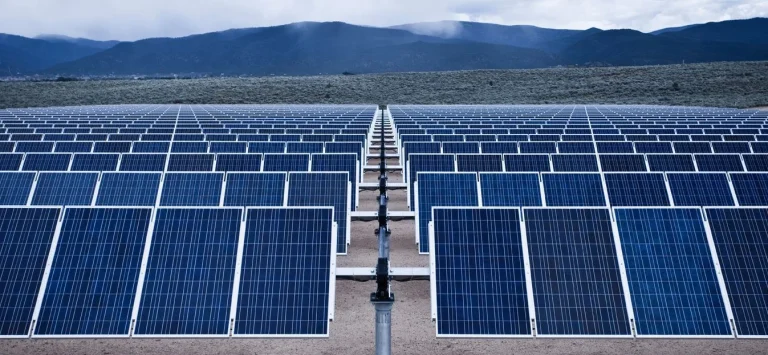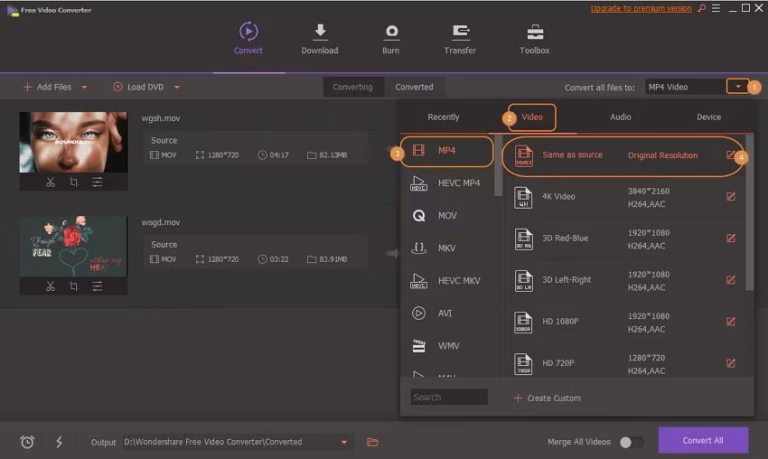Introduction
Hard water is a common issue in many households and commercial settings, quietly affecting everything from plumbing to personal care. The minerals in hard water—chiefly calcium and magnesium—can clog pipes, damage appliances, and make everyday cleaning tasks more difficult. For facilities in Maryland, relying on Marlo water softeners for commercial facilities in Maryland can turn these daily challenges into opportunities for improved efficiency and comfort.
Water softeners deliver immediate and noticeable improvements in a busy commercial kitchen or a modern family home. By addressing the root causes of scale and buildup, these systems extend the longevity of plumbing and appliances while benefiting overall health and cleanliness. Investing in a softening solution can be transformational in communities where water hardness is a persistent concern.
Understanding Hard Water and Its Impact
Hard water is characterized by a high concentration of dissolved minerals, particularly calcium and magnesium. While not detrimental to human health, these elements wreak havoc on household and facility systems over time. Scale buildup inside pipes restricts water flow, leading to expensive repairs or replacements. Hard water also reacts with soap to form scum, decreasing the effectiveness of cleaning agents and leaving residues on surfaces, fabrics, and even the skin.
In addition to clogged pipes and diminished appliance efficiency, hard water negatively impacts personal care. Bathing or showering in hard water often leaves a film on the skin and hair, contributing to dryness and discomfort. This frustration is amplified in commercial settings, where consistent water quality is essential for employee well-being and operational standards.
According to the Environmental Protection Agency (EPA), unaddressed hard water can cause cumulative damage to infrastructure, impacting water heaters, washing machines, and even drinking water aesthetics.
Benefits of Installing a Water Softener
Prolonged Appliance Lifespan
When exposed to hard water, water-using appliances, including kettles, dishwashers, and boilers, are highly susceptible to scale buildup. This buildup insulates heating elements, forcing appliances to work harder and consume more energy. Installing a water softener prevents mineral deposits from accumulating, ultimately reducing maintenance needs and prolonging appliance life. This translates to tangible savings in equipment replacement and downtime for commercial operators.
Enhanced Skin and Hair Health
The mineral residue left behind after bathing in hard water can irritate skin and make hair look dull or unmanageable. Soft water, on the other hand, rinses clean without leaving a film or stripping natural oils. Many report smoother skin and hair with improved manageability, adding more comfort to daily routines. According to the experts at Healthline, switching to soft water can alleviate dryness and reduce scalp irritation.
Improved Cleaning Efficiency
One of the most noticeable benefits of water softeners is the enhanced cleaning power of soaps and detergents. With fewer minerals to neutralize soaps, lather increases, and stains are more easily removed from laundry, dishes, and surfaces. Additionally, there is less need for repeated scrubbing and reduced reliance on chemical cleaners, helping households and businesses maintain higher cleanliness standards with less effort.
Energy and Cost Savings
Scale deposits act as thermal barriers in appliances like water heaters, forcing them to consume extra energy to achieve the same results. Over time, this leads to noticeably higher utility bills. By keeping appliances free of mineral buildup, a water softener helps them operate more efficiently, translating directly into ongoing cost savings. Reduced energy use also contributes to a smaller environmental footprint, supporting economic and sustainability goals.
Environmental Benefits
The transition to soft water reduces the need for harsh detergents and chemical cleaners, minimizing the environmental load of these substances on local water systems. Less soap and cleaning product usage further decreases plastic waste from packaging, promoting a cleaner and greener community. When multiplied across commercial facilities, these savings represent a substantial positive impact.
Choosing the Right Water Softener
Selecting a water softener begins with analyzing household or business water consumption, the specific degree of water hardness, and the system’s required capacity. For many Maryland facilities, consulting with local professionals ensures the chosen system matches current and future demands. Proper installation and sizing are key to long-term satisfaction and reliable performance.
Maintenance Tips for Optimal Performance
Water softeners require routine upkeep to operate at peak efficiency. This includes regularly checking and refilling the salt supply in the brine tank, cleaning it, and breaking up any salt bridges that may form. Periodic professional inspections help detect early signs of wear or malfunction before they escalate, keeping the softener and water quality at their best.
Conclusion
Integrating a water softener into your building or facility is not just about protecting pipes and appliances—it’s about enhancing every aspect of daily life, from how fabrics feel to the efficiency of cleaning routines. By resolving the persistent problems of hard water, a softener promotes comfort, sustainability, and cost savings for families and businesses. The difference is evident in regions where water hardness is a constant concern: life is better with soft water.




